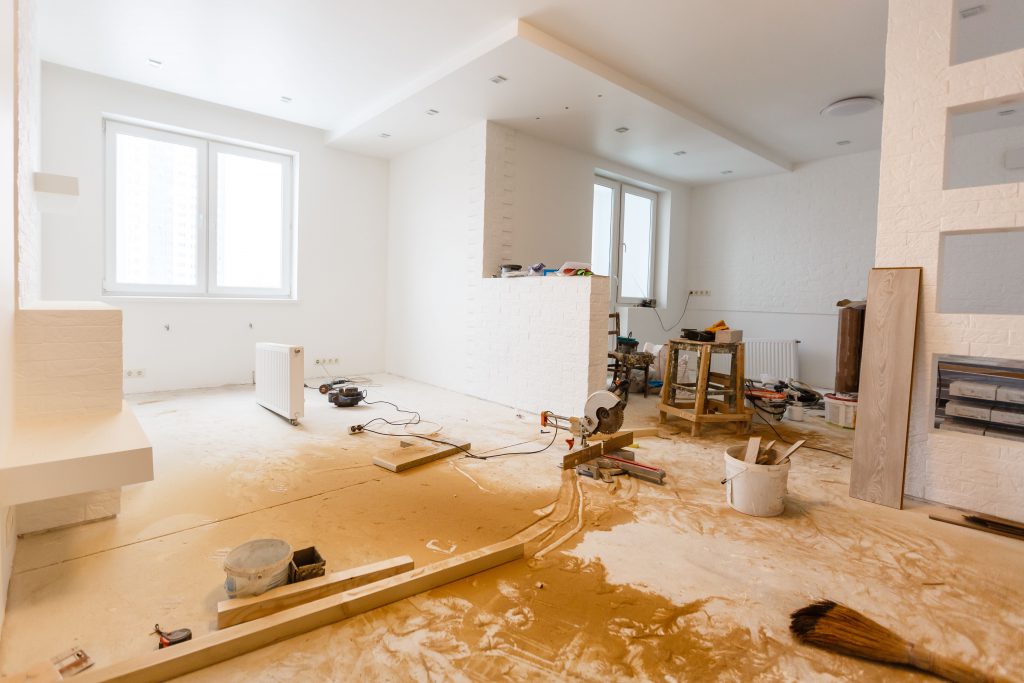When a relationship ends, and a shared home is involved, it can lead to complex situations, especially regarding the maintenance and repair of the property. Understanding who is responsible for these costs is crucial for both parties to move forward fairly and amicably.

Understanding property ownership post-separation
The period following a separation can be challenging, particularly when it comes to shared assets like a house. It’s common for one partner to continue living in the home while the other moves out, but the responsibility for the property remains a joint concern until it’s sold or legally transferred to one party.
Joint ownership and responsibilities
In cases of joint ownership, both parties are typically responsible for the maintenance and repair of the property. This responsibility continues until the ownership status changes, either through sale or legal transfer.
Living arrangements and repair obligations
The person residing in the home may assume responsibility for minor repairs and upkeep. However, significant repairs or improvements should ideally be a joint decision, especially if they impact the home’s value.
Reaching agreements on repairs and renovations
Communication is key when deciding on repairs or renovations in a jointly owned property post-separation.
Seeking written consent
If one party wishes to undertake significant repairs or renovations and expects the other to contribute financially, obtaining written consent is advisable. This agreement should ideally include details such as the scope of work and cost estimates.
Handling disagreements
In cases where the ex-partner disagrees with the proposed repairs or their financial contribution, options include not proceeding with the work, covering the costs independently, or seeking legal resolution.
Exceptions to the rule
There are exceptions where one party can unilaterally decide on certain actions without the other’s consent.
Acts of conservation and temporary administration
These acts refer to necessary measures taken to preserve the property’s value or prevent further damage. Examples include emergency repairs like fixing a leak. In such cases, the party undertaking the repair can request the other to pay their share.
Legal considerations and dispute resolution
Legal advice is crucial in navigating the complexities of property ownership and responsibility post-separation.
Understanding legal obligations
A legal expert can provide clarity on each party’s obligations, especially in situations where the separation agreement or property ownership terms are ambiguous.
Resolving disputes
In instances where mutual agreement is not possible, legal intervention may be necessary. This could involve mediation or court proceedings to determine each party’s responsibilities.
Planning for the future
Proactive planning can help mitigate disputes over property repairs and maintenance in the event of a separation.
Pre-separation agreements
Couples can consider drafting agreements that outline responsibilities for property maintenance and repairs in the event of a separation. This proactive approach can prevent misunderstandings and conflicts later on.
Financial planning for property upkeep
Setting aside funds for property maintenance and repairs can be part of joint financial planning, ensuring that resources are available when needed.
Conclusion
Navigating home repairs and maintenance in the aftermath of a separation requires clear communication, legal understanding, and, in some cases, compromise. By understanding each party’s responsibilities and seeking agreements where possible, ex-partners can manage their shared property effectively and fairly. In situations where mutual understanding is challenging, legal advice and intervention may be necessary to resolve disputes and ensure both parties meet their obligations.

 Open Immovlan
Open Immovlan